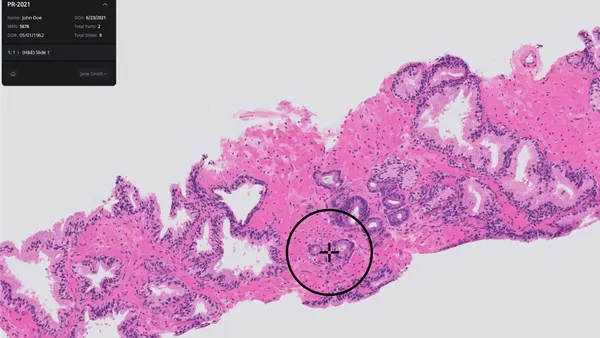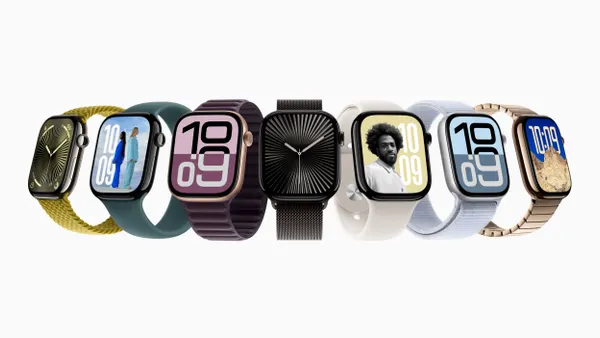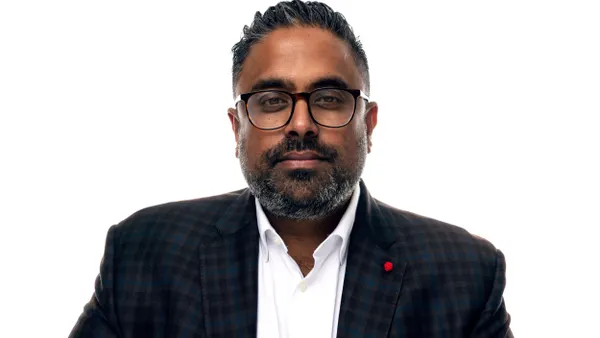Dive Brief:
-
Sleep apnea company ResMed reported a double-digit increase in sales Thursday, beating analyst expectations.
-
The better-than-expected performance was partly driven by the acquisition of home health software-as-a-service (SaaS) provider HEALTHCAREfirst. The $126 million takeover underpinned a 25% jump in SaaS sales and offset slowing growth in other parts of the business.
-
CMS is set to publish a Durable Medical Equipment final rule in the coming weeks currently pending at the Office of Management and Budget, which ResMed believes will help its bottom line.
Dive Insight:
ResMed, a provider of continuous positive airway pressure flow generators and masks, has grown quickly in recent years. Annual sales went from $1.8 billion in 2016 to $2.3 billion in 2018, in part due to changes in how certain devices are reimbursed in countries outside of the U.S.
The upward trend continued in the first fiscal quarter of 2019. Overall, sales grew 12%, or $588.3 million, on the back of a takeover-driven jump in SaaS revenues and double-digit growth at ResMed’s core respiratory mask and device division. Devices and masks still account for more than 90% of ResMed sales despite the rapid, acquisition-fueled growth at its SaaS division.
That makes device and mask sales critical for ResMed. After digging deeper into the results, Jefferies analyst Anthony Petrone pointed to a slowdown in those key areas. Sequentially, growth in sales of flow generators and masks slowed, despite the introduction of new products in the latest quarter.
ResMed’s performance in the coming quarters will partly rest on external factors. CMS is due to publish a final rule that will impact U.S. competitive bidding for DME in a way that industry believes will help business.
"One, we believe the changes overall will be a net positive for patients, the home care provider industry and for ResMed. And two, we are pleased that CMS is sincerely listening to industry advocates and seems to be responding to our concerns and the concerns that we have for patients and the community," ResMed CEO Mick Farrell said on a quarterly conference call with investors.
Jefferies' Petrone noted that reimbursement changes abroad related to connected devices, in France, Japan and South Korea specifically, has provided a tailwind for the company.
In the U.S., he noted the CMS policy on bundling was a “key issue that remains unresolved ... where the final rule also may provide more details."












